When Tsar Nicholas I reigned (1825-1855), Poland had already been Partitioned decades earlier, and the erstwhile Polish Jews of eastern Poland thus had become part of the western parts of the Russian Empire. This book is less about Tsar Nicholas I and more about how the maskilim (enlightened Jews), during the early stages of the Haskalah (enlightenment), reacted to his policies. Although there was no unanimous answer, among either Jews or gentiles, as to how Jews were to “modernize”, certain trends are evident, and I now focus on some of them.
UNFRIENDLY ATTITUDES TOWARDS POLAND
It is unclear if any of the maskilim supported Polish national aspirations, but at least some maskilim, notably influential ones, were open enemies of Polish independence. Stanislawski alludes to this as he writes, (quote) At the end of 1841, another dimension was added to Lilienthal’s mission. Nisan Rosenthal, a powerful early maskil of Vilna [Wilno, Vilnius] who had recently been appointed Honorary Citizen for his services to the empire during the Polish Uprising [the November Insurrection], was then engaged in a power struggle over the communal educational institutions of Vilna. (unquote).
The maskilim, at least in general, had no concept of support for a resurrected Polish state, if only because they were invested completely in Russian rule over the Polish territories. Stanislawski quips, (quote) All Russian maskilim expressed complete loyalty to the emperor and patriotism to the state… (unquote).
At times, the maskilim were pro-Russian to an almost slavish extent. Ironic to the reputation of Tsar Nicholas I as an anti-Semite, Stanislawski describes some maskilim who tried to have Jews believe that Nicholas’s actions stemmed from an overwhelming love for the Jews, that Jewish problems were their own fault, and that Jews should be unswervingly loyal to him.
The Hasidim opposed the maskilim and their modernization policies. However, the establishment of government schools not only allowed the maskilim to circumvent traditionally-minded Jewry, but also empowered the maskilim as agents of the Russification (in geopolitical orientation, if not language and culture) of Jews. Stanislawski writes, (quote) Until the 1840’s, the maskilim in Russia were an isolated, persecuted, and muzzled minority, often doomed to penury or exile. With the establishment of the new schools, they gained a power base and economic security, which relieved them of any dependence on the community leaders or even the consensus of Jewish society at large. As employees and allies of the government, they became a potent force within Russian Jewry and a threat to the traditional order. (unquote).
JEWS AS A NATIONALITY
Stanislawski clarifies the question of what it meant to be an “enlightened” or “progressive” Jew in tsarist Russia. He writes, (quote) What is clear is that these trends in worship and belief never developed into a full-fledged Reform movement on the German or American model. The denationalized ideology of western Reform was predicated on the myth of religious pluralism within national unity that was profoundly alien to Russia as a whole. The notion that there could be Russians of the Mosaic persuasion comparable to Russians of the Christian persuasion seemed preposterous–indeed, semantically unfeasible–to virtually all subjects of the tsar, gentile or Jew; the national and religious integrity of each group was so palpable and inescapable a reality. (unquote). However, in Poland, some Polish Jews did imitate the German Reform movement, and considered themselves Poles of the Mosaic Persuasion, or Poles of the Mosaic Faith.
[However, most erstwhile Polish Jews considered themselves Jews by nationality, and this animated Endek considerations of Jews as a nationality. In addition, the reader must remember that the term “religious pluralism” is amorphous. Should the religious tolerance that Jews generally experienced in Poland be considered a form of religious pluralism? Among many 20th and 21st century American Jews, religious pluralism does not exist unless virtually all traces of Christianity are removed from public life.]
THE PROPINACJA (TAPROOM, or LIQUOR TRADE)
The Jews of the Pale of Jewish Settlement played a major economic role in the ownership of taverns and the selling of alcohol. This led to frequently changing tsarist policies–first in the direction of diminution and then in the direction of the tolerance or even support of Jews in this industry. Economic considerations superseded everything else. It is obvious that, not only the Jews and the nobles but, first the foremost the tsarist authorities, had a vested interest in the sustenance and promotion of the Propinacja at the expense of the peasantry. Stanislawski describes how, because of this, edicts designed to restrict Jewish activity were reversed or not enforced. He comments, (quote) Perhaps the most vital domestic industry in nineteenth-century Russia (as it is in the Soviet Union today) was the manufacture and distribution of liquor. Revenues accruing to the state treasury from vodka distilling and sale equaled, and sometimes surpassed, income from direct taxation throughout Nicholas’s reign…the forced closing of Jewish taverns, in particular, were counterproductive…The 1835 statute on the Jews specifically permitted all Jews in the Pale of Settlement to lease taverns and inns throughout the countryside, in addition to lands, mills, postal stations, etc.
After this, the pendulum swung again in the direction of restricting Jewish alcohol-related activities. The tsarist authorities imposed a new excise tax on Russia’s western provinces in 1849. The author describes what then happened, (quote) But Jews apparently found ways of retaining their role in the sale of vodka in the countryside by selling vodka on the sly from other establishments that they leased from landlords. However, Stanislawski does not explain to what extent the landlords consented to, or even knew about, this process, especially in view of the considerable autonomy enjoyed by Jews in economic matters.
THE MILITARY DRAFT OF JEWS, AND THE KHAPPERS (“EARLY JUDENRAT”)
Stanislawski suggests that Tsar Nicholas I imposed a draft upon Jewish boys and men in order to remove them from their communities and to convert them to Christianity. Other scholars reject this motive, and suggest instead that the tsar began drafting Jews in order to facilitate their integration into Russian society. Please click on The Jewish Dark Continent: Life and Death in the Russian Pale of Settlement, and read the detailed Peczkis review.
The author focuses on the KHAPPERS. These were “catchers” (Jews hired by the tsar to enforce the draft). They kidnapped Jews off the street for military service, tore boys away from their parents, omitted Jews from military conscription when adequately bribed, etc. Their conduct created considerable divisions within the Jewish community, and the Jews in general hated the KHAPPERS. Although Stanislawski only alludes to this indirectly, it is easy to see parallels with the Judenrats (JUDENRAETE) under the German Nazis a century later.

![Tsar Nicholas I and the Jews [Царь Николай I и евреи]](https://e9dtcjviczt.exactdn.com/wp-content/uploads/2023/12/stanislavskiyi-1_1.jpg?strip=all&lossy=1&ssl=1)
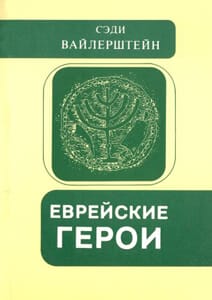
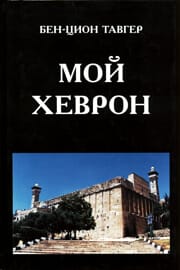
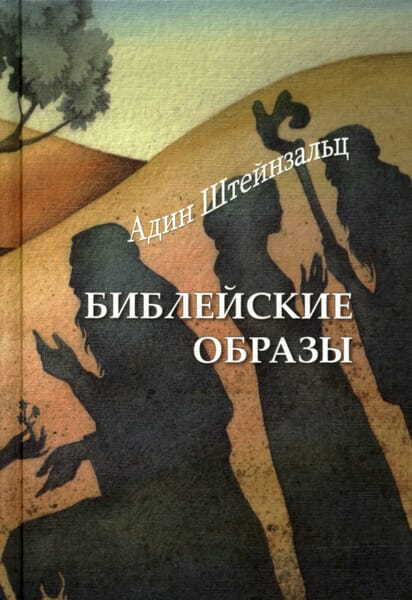
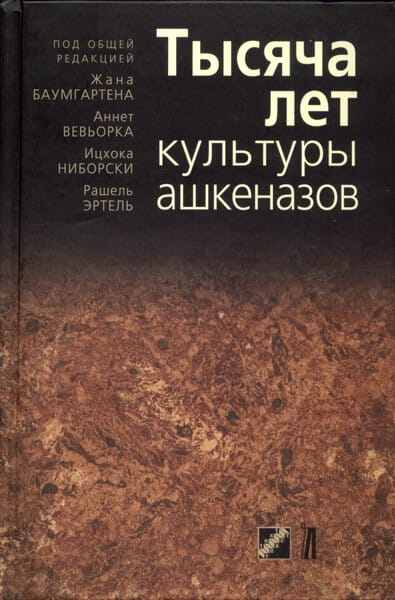
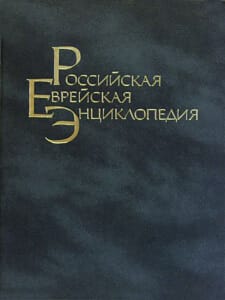
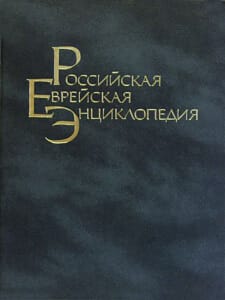
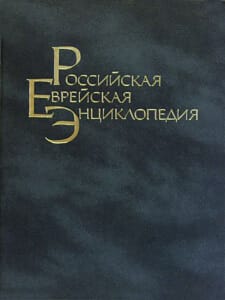
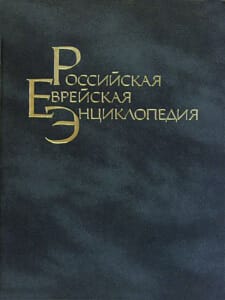
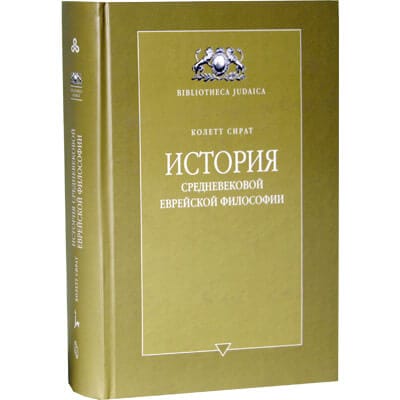
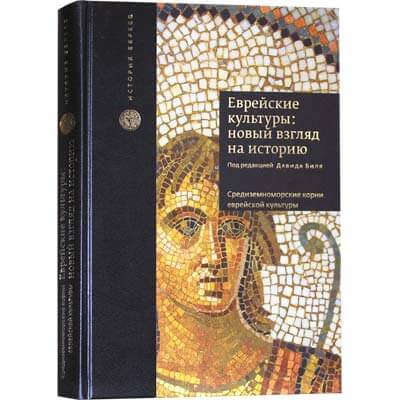
Reviews
There are no reviews yet.